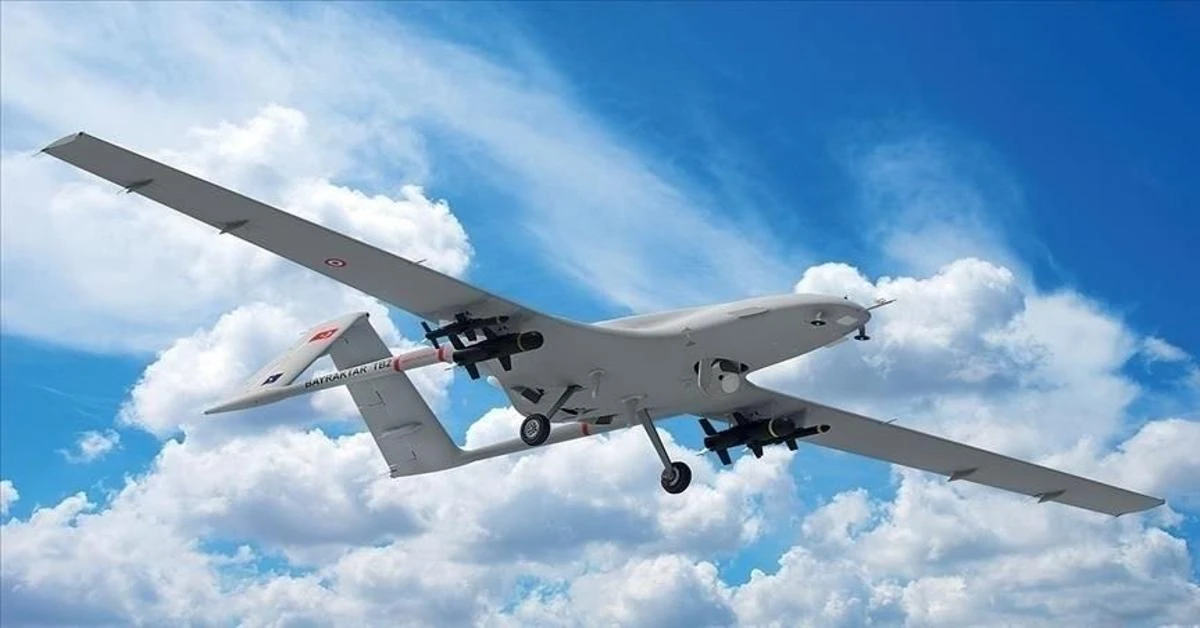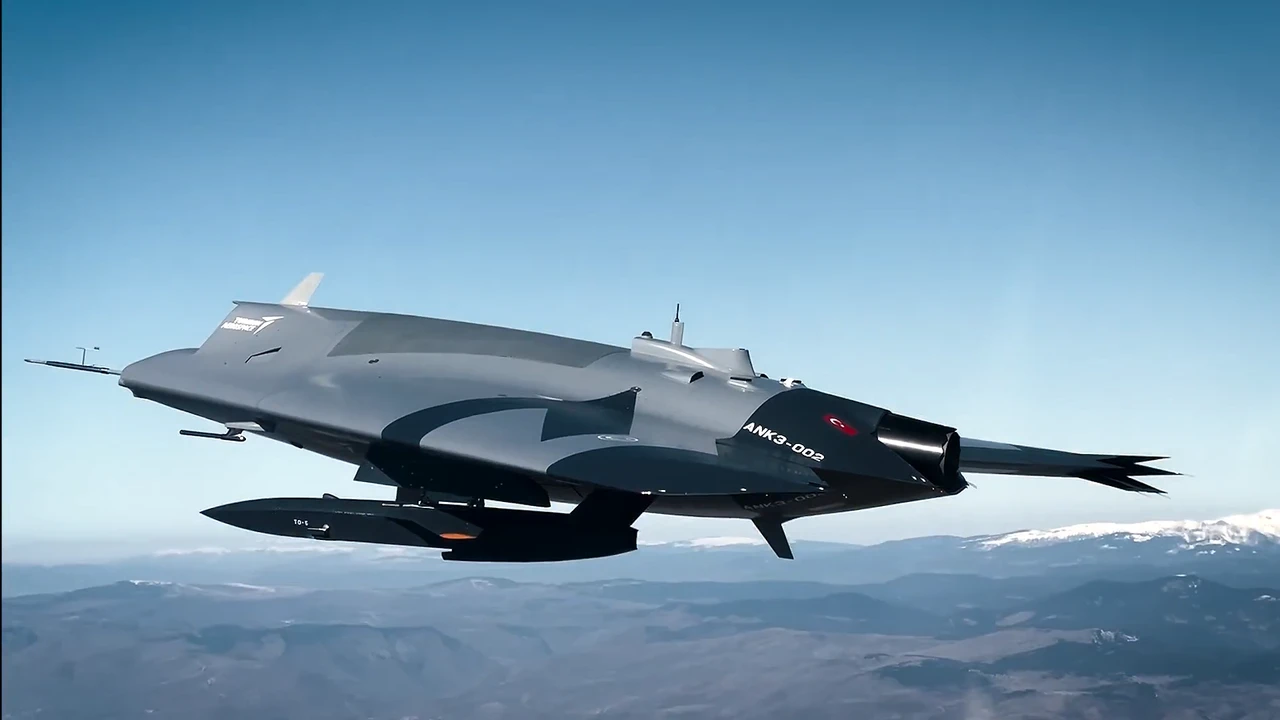Russian electronic warfare forces American drone to land, Bayraktar TB2 unaffected

As Russian forces disable a U.S.drone in Poland, however, Türkiye-made Bayraktar TB2 drones continue their missions unaffected
Russian forces disrupted GSM networks in northern Poland on the night of March 18, effectively blinding an American MQ-9 drone in flight.
The drone lost connection with its control station and had to perform an emergency landing in a deserted area.
The MQ-9 Reaper, belonging to the U.S. Air Force’s 52nd Tactical Operation Squadron, was surveilling the region.
After taking off from Miroslawiec Air Base, the drone disappeared from control radars, prompting the automatic landing protocol.
Polish authorities have not yet confirmed if the drone sustained any damage upon landing.
Polish police have secured the landing site for further investigation.
Compared to the MQ-9’s predicament, Poland’s Bayraktar TB2 drones demonstrated remarkable resilience against these electronic attacks.
Unlike the American drone, the Bayraktar TB2s continued their missions unimpeded, unaffected by the Russian electronic warfare tactics.
This resilience reflects the advanced technological capabilities of the Bayraktar TB2 drones, which are a critical asset in Poland’s aerial defense arsenal.
Selcuk Bayraktar, Baykar’s chairperson, the company behind the Bayraktar TB2 drones, highlighted their exceptional electronic countermeasures.
“We update the software of our drones almost daily to counter various forms of signal and electronic attacks observed globally,” he said.
This commitment to constant updates and improvements has evidently paid off, as the Bayraktar TB2 drones now have a robust defense against electronic warfare tactics.
This event is part of a broader narrative of Russian electronic warfare.
Recently, a British Dassault 900LX business jet carrying Defense Secretary Grant Shapps experienced signal loss because of a GPS attack near Kaliningrad.
This region, nestled between Lithuania and Poland and some 650 kilometers (403.8 miles) from the Russian mainland, has emerged as a strategic hub for such operations.
Its significance dates back to the 1945 Potsdam Agreement after World War II.
The incident raises significant questions about the vulnerability of advanced military technologies to electronic warfare.
The contrasting vulnerabilities of different UAV systems to electronic interference, as evidenced by the Bayraktar TB2’s resilience compared to the MQ-9’s vulnerability, are likely to influence future military strategies and the development of aerial warfare technology.
Source: Newsroom



